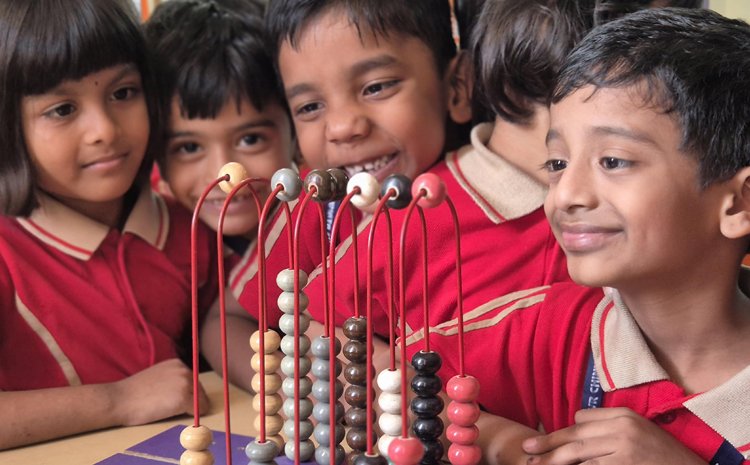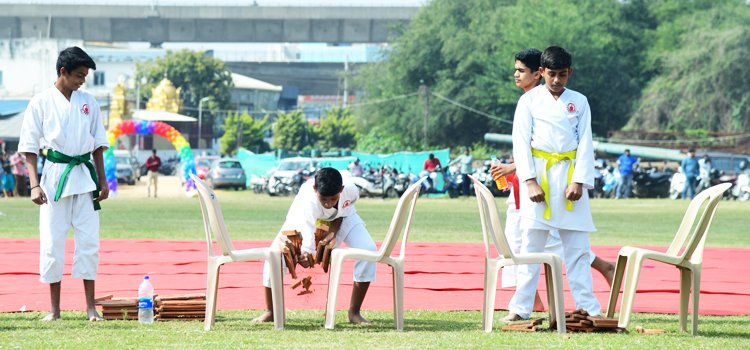A Closer Look at Our Pre-Primary Program: Laying Strong Foundations
Learn While You Play: The New Standard
At SVR, we believe in nurturing young minds through play-based learning, where children explore, create, and grow in a fun and engaging environment. Our pre-primary program is designed to build strong foundations for lifelong learning.


Program Highlights
- Storytelling for literacy and creativity
- Puzzles and games for critical thinking
- Group activities for team spirit
- Music and dance for self-expression
- Outdoor play for physical development
- Role-playing for confidence building
Key Focus Areas
Our pre-primary program is built on three core pillars to ensure holistic development:
Creativity
Encouraging imaginative play and creative thinking through storytelling, arts, and crafts.
Social Skills
Building communication, teamwork, and emotional intelligence through group activities and role-playing.
Physical Development
Promoting motor skills and physical fitness through outdoor play and structured exercises.
Why Play-Based Learning?
Play-based learning is not just about fun; it’s a powerful educational approach that helps children develop essential skills:
- Encourages Creativity: Children use their imagination to explore and create.
- Builds Social Skills: They learn to share, cooperate, and communicate with others.
- Enhances Cognitive Development: Play stimulates critical thinking and problem-solving.
- Promotes Physical Development: Active play helps develop motor skills and coordination.